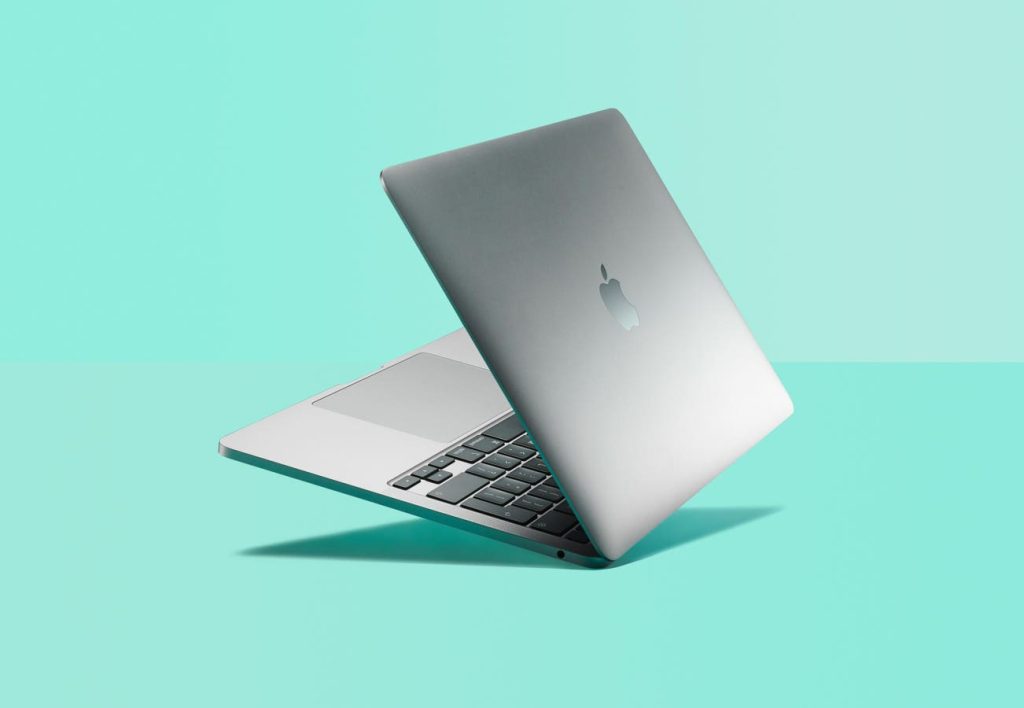Overall PC shipments were down in the third quarter as consumers bought 68.2 million PCs, according to IDC, compared to 73.8 million in Q3 2022. That’s a 7.6% drop. No manufacturers were hit as hard as Apple, however, which shipped 23.1% fewer laptops and towers than last year.
The problem: last year’s equivalent quarter was huge for Apple as the company rushed to fulfill orders that did not ship during a Covid shutdown.
The Q3 2023 PC market share numbers according to IDC:
- Lenovo: 16 million units, 23.5% market share
- HP: 13.5 million units, 19.8% market share
- Dell: 10.3 million units, 15% market share
- Apple: 7.2 million units, 10.6% market share
- Asus: 4.9 million units, 7.1% market share
- Others: 16.3 million units, 23.9% market share
While Apple was the hardest hit, two other manufacturers saw double-digit decreases. Dell dropped 14.3% from last year, while Asus dropped 10.7%. Lenovo only dropped 5%.
One manufacturer actually grew in a down market, however. HP jumped 6.4%, selling almost a million units more in a quarter where overall shipments were down 5.6 million. As with Apple, this wasn’t some massive market shift. Rather, it was largely due to “normalizing of inventory,” IDC said.
There is some hope that the PC market is stabilizing, however. IDC says that there’s been growth in the previous two quarters. That’s slowed the rate of annual decline we’ve seen globally since smartphones became the primary device. Most of the hope for the future might rely on high-tech magic being added to our everyday workhorse machines: generative AI.
“Generative AI could be a watershed moment for the PC industry,” IDC vice president Linn Huang said in a statement. “AI PCs promise organizations the ability to personalize the user experience at a deeper level all while being able to preserve data privacy and sovereignty. As more of these devices launch next year, we expect a significant boost to overall selling prices.”
That could be a pipe dream, however.
Most generative AI applications are run in the cloud. While hobbyists run open source generative AI packages on their local machines, most of the innovation happens in the cloud or on proprietary server farms where it can quickly be distributed online without potential users or customers needing to install and tweak complex and large software packages locally. ChatGPT runs online. Adobe’s creative generation tools run online. Virtually all of the most-saved generative AI tools on There’s An AI For That are available online.
There is some good news to a down market for PCs. It’s an opportunity to diversify the global electronics supply chain and thereby increase its reliability.
“The slowness in the industry is giving the supply chain an opportunity to explore procurement and production options outside China and this will likely remain a key issue going forward, second only to the advancement of AI within PCs,” says IDC research manager Jitesh Ubrani.
Read the full article here










